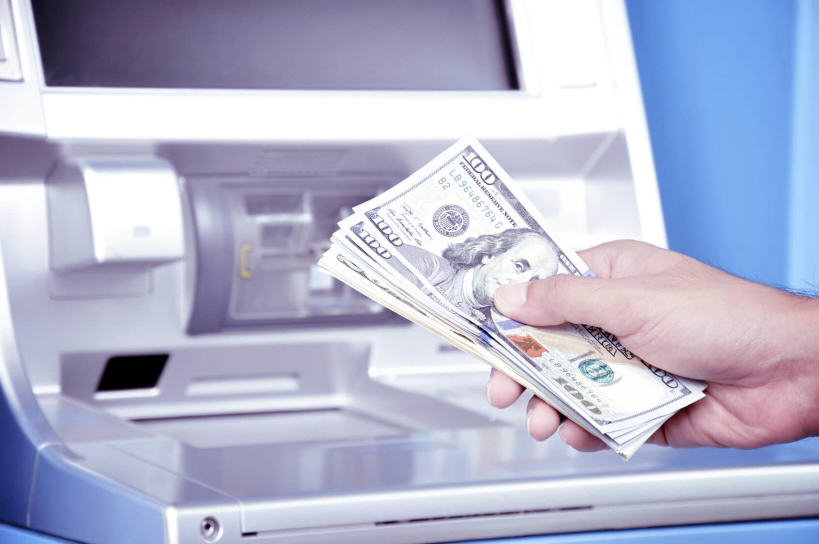When you deposit money into the bank, you want to access it as fast as possible. Here’s why you may not always get what you want from the bank, and how to turn it around to your advantage.
Before 2010, the banks were a mess when it came to new money. Sometimes you’d deposit money into your account and it would be available immediately, and other times it would take a few days to clear. With no clear rules on funds availability, consumers were perpetually confused.
Expedited Funds Availability Act
To standardize the process of depositing and clearing funds into your bank account, in 1987 Congress enacted The Expedited Funds Availability Act. The real reason for the law was that it regulated how banks were able to use funds deposited into bank accounts, but the benefit was that consumers got to understand when they’d be able to use their own money.
The law broke banks down into geographic zones, providing different holding periods based on where the banks were in relation to one another. As of 2010, that was changed to bring each bank into the same zone for collection purposes.
How Quickly Your Deposit Clears
There are a few different holds uner EFAA. They are:
- Statutory Hold: $200 1st Business Day Following Deposit, Remainder 2nd Business Day
- Large Deposit Hold: If you deposit $5,000 or more then you get $5000 on the second business day after the deposit is made, and the remainder on the seventh business day.
- New Account Hold: If your bank account has been open for less than 30 days, your deposit will clear on the 9th business day after the deposit is made.
- Bad Customer Holds: You will not get any of your deposit until the 7th business day after the deposit is made if:
- You have overdrawn your account for six or more business days of the previous six months
- You have overdrawn your account for for two or more business days in excess of $5000 in the previous six months
- The bank has reason to doubt the check is good.
- The item being deposited is a legal copy of an item previously returned for NSF.
- Item is accepted for deposit during a power outage or computer failure
Some Deposits Automatically Clear Faster
If you look at the list, it’s all about risk to the bank. If you’re an unproven customer or one who bounces checks, you’re going to need to wait for your money. But if there’s no risk, the money is cleared that much more quickly.
Under the law, the following items must have the first $5000 available by the first business day following the deposit:
- Cashier’s checks, certified checks, or teller’s checks;
- Postal money orders;
- U.S. Treasury checks;
- Checks drawn on a Federal Reserve Bank or Federal Home Loan Bank;
- Any check issued by a state, city, county, or other municipality;
- Any check drawn from another account at the depository institution.
Need Your Money Faster?
If you have an urgent need for your money, and you can’t wait for the check to clear, you’ve got a few options. You can cash the check at a check cashing place (in exchange for paying a huge fee).
Or you can open a bank account and keep it open for more than 30 days.
Balance your checkbook regularly so you minimize the chances of bouncing a check and falling into the “Bad Customer” column.
If you do overdraw your bank account, replace the money immediately – within the same business day if possible.
Treating your banking relationship well can ultimately benefit you by putting more money in your pocket, sooner.
